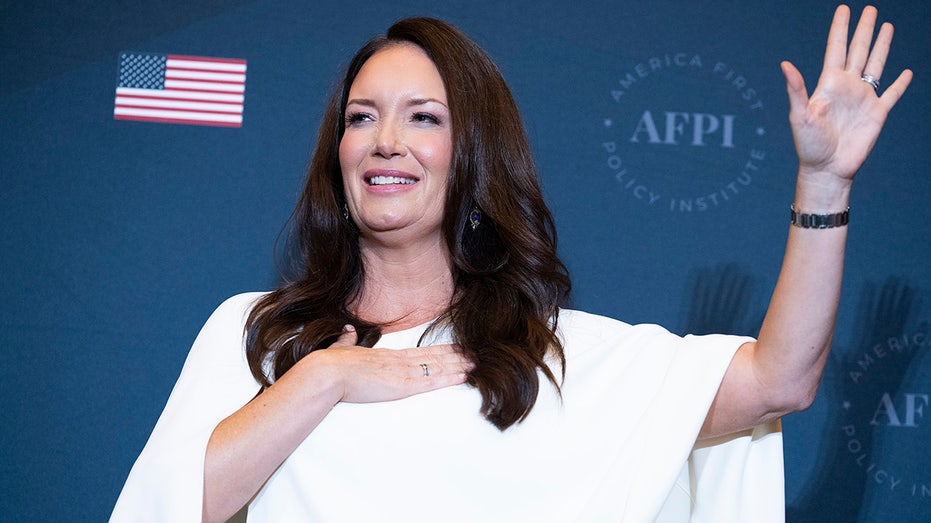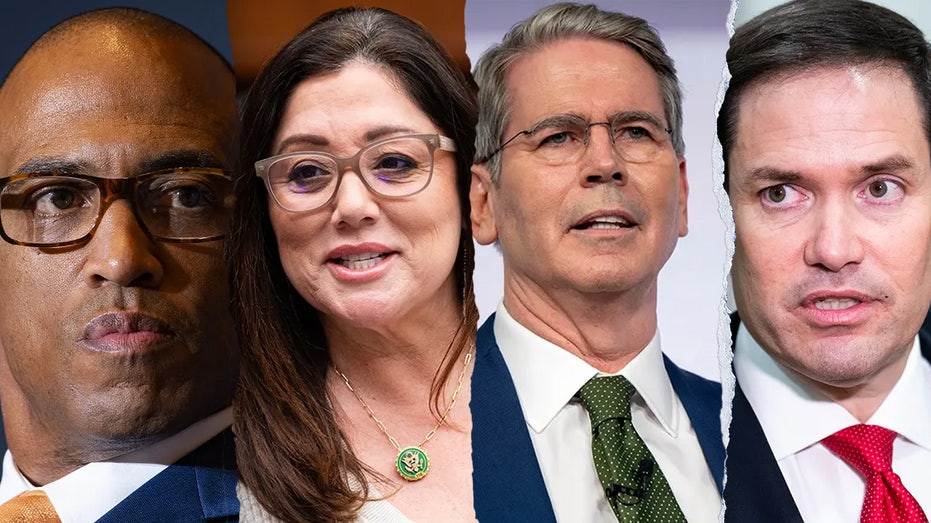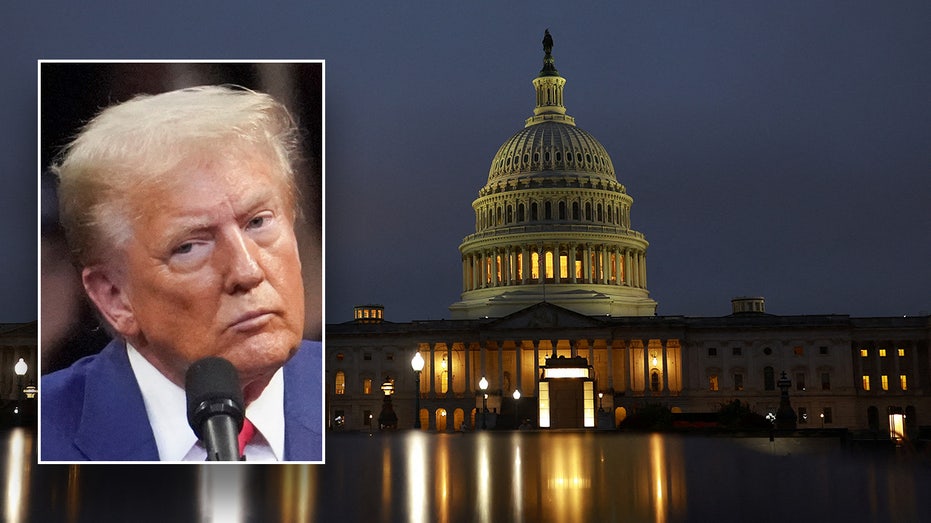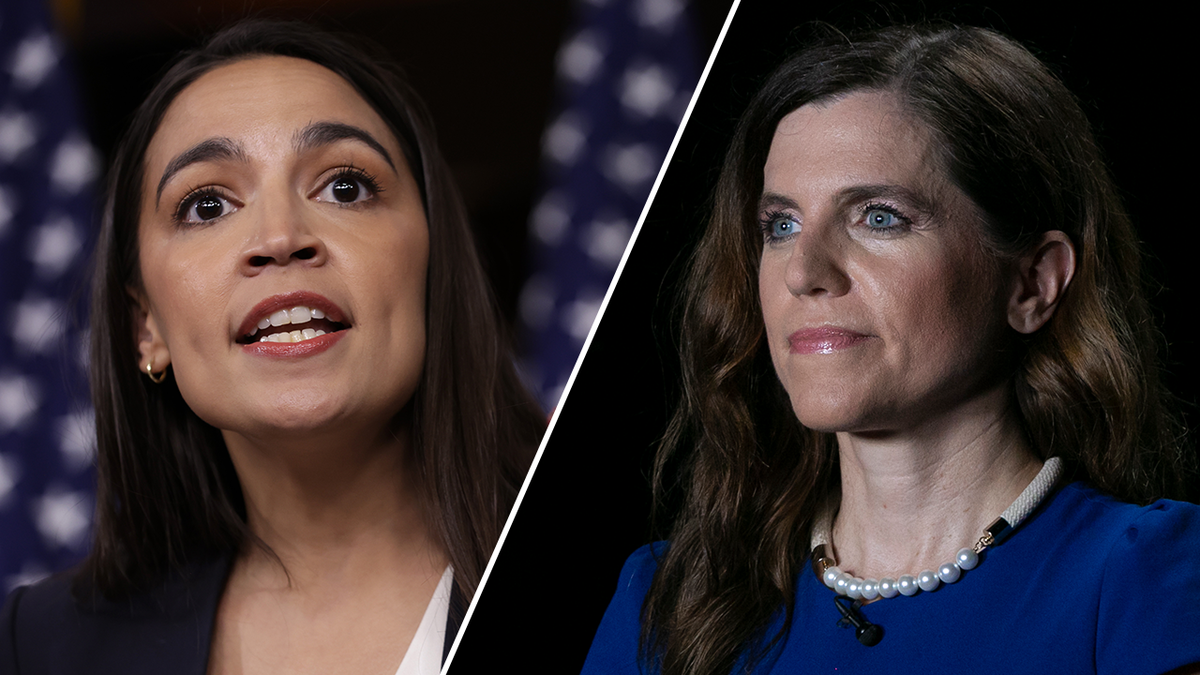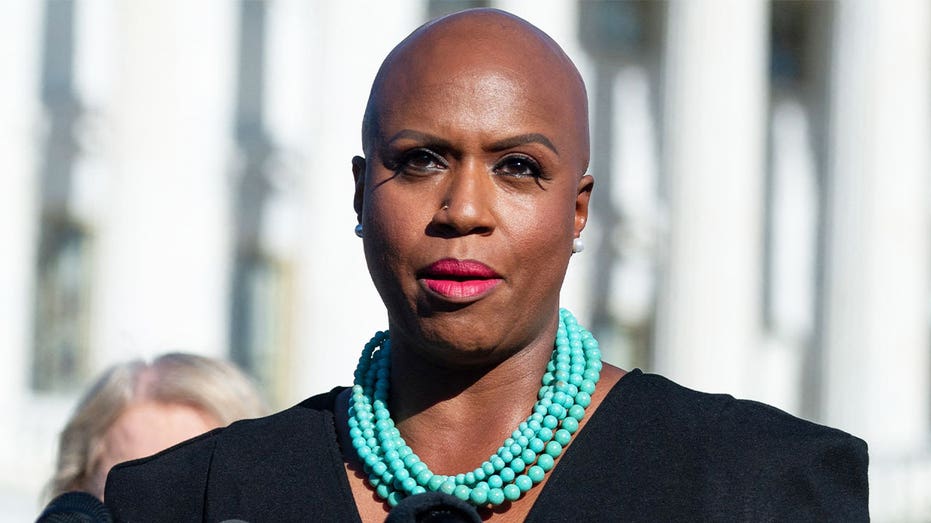- by foxnews
- 25 Nov 2024
Removing Black lawmakers is voter suppression - and the US has done it for centuries
Removing Black lawmakers is voter suppression - and the US has done it for centuries
- by theguardian
- 13 Apr 2023
- in politics
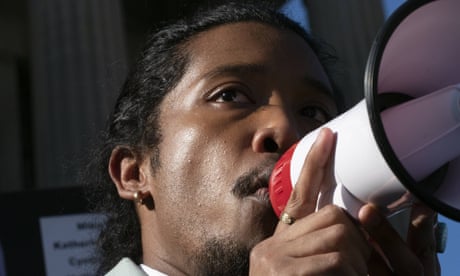
When Tennessee lawmakers expelled two Black legislators from the state's Republican-dominated house of representatives, pundits described the decision as "stunning" and "historic". Joe Biden called it "shocking, undemocratic and without precedent". The New York Times characterized it as "an extraordinary act of political retribution".
Sorry, have you met America?
This tragic comedy always has the same theme: Black voter suppression v white power. In the comparatively short arc of this country's political history, this display of unapologetic whiteness is as unusual as water being wet and fire being hot. It is the most preposterous narrative to say the partisanship that defines this political climate is new or even remarkable.
In 1869, the Georgia supreme court ousted Chatham county's Black superior court clerk Richard W White from office. The three-judge panel noted that White "received a majority of the votes" and was "eligible, and qualified by law for said office". Nevertheless, White was removed. Theconstitution didn't matter. Votes didn't matter. All that mattered was whiteness. So, instead of naming their decision White v Clements, the Georgia supreme court rejected the usual naming conventions and opted instead for the more candid title Can a Negro Hold Office in Georgia?
On 10 January 1966, Georgia's house of representatives refused to seat the civil rights activist-turned-legislator Julian Bond after he signed a statement opposing US involvement in the Vietnam war. Bonds' majority district went without representation until the US supreme court unanimously decided that the first amendment protected Bond's right to speak out on public issues.
The fact that Justin Jones has been reinstated by a vote of Nashville's council and Justin Pearson probably will be by a similar vote doesn't mean the opposition party will stop using tricks from which democracy, common decency and even the rule of law offer no shelter.
The decision to subvert the will of the voters and evict state representatives is not unprecedented - it is a great American tradition. And when placed in the context of white history, the theme that emerges has more to do with America's racial binary than it does two-party politics.
All politics is about power and there can be no real conversation about American politics that ignores the single, most common characteristic of the people who wield it. The weaponization of white power is a poltergeist that has haunted every significant political decision ever made, from the drafting of the constitution to the picking of presidents. It defined American citizenship, catapulted a toddler country into an economic superpower and created the bloodiest war in the history of this continent. In fact, racism might be the most bipartisan part of politics.
Republicans whose historical knowledge is limited to eighth-grade social studies books love to tout that they're the party of abolition and Reconstruction. They therefore blame the totality of the post-civil war racial terrorism on "the Democrats".
Even though it would be more accurate to attribute this political and social violence to southern conservatives still wistful about the lost cause of the Confederacy, these history buffs conveniently forget how the success of Black Republican candidates outraged the party's white members, sparking the "Lily-white Republican movement" that lasted for half a century, until the 1930s. This anti-Black GOP movement began in Texas, but soon Republican committees in North Carolina, Virginia, Alabama and nearly every southern state banned Black candidates from running for office. Lily-white Republicans were willing to sacrifice their party's political power to preserve the racial hierarchy.
While Julian Bond, Black Republicans and the Tennessee Three may have lost their elected positions, there is a far longer list of Black officials who were murdered in order to remove their authority.
Returning to 1868, Georgia's Black voters had already registered to vote in droves. Buoyed by a turnout rate (74.8%) twice that of their white counterparts (38.4%), the newly freed electorate sent 30 Black state representatives and three African American state senators to the Georgia legislature in that year's election.
By 1869, every one of the duly elected Black lawmakers known as the "Original 33" had already been ousted from the state assembly and a quarter of them had already been killed, threatened, beaten, or jailed. Hundreds of African Americans had been massacred by terrorist groups. By the time the state's highest judicial body determined, in the Can a Negro Hold Office in Georgia? case, that state law "does not confer upon the colored citizens of this State the right to hold office", white conservatives had already gained control of state politics and reasserted the government-sanctioned system of white supremacy.
This story repeats and repeats.
In 1898, a lynch mob unseated Lake City, South Carolina's new postmaster, Frazier B Baker, by shooting Baker and his two-year-old daughter Julia dead. White vigilantes shot the South Carolina state representative Simon Coker in the head as he prayed - he was one of at least two dozen Black Republicans murdered in his state on that day. The civil rights attorney Robbie Robertson won his seat on the Savannah, Georgia, city council with 80% of the vote and lost it to a 1989 mail bomb.
Murder of Black representatives is the purest form of voter suppression. It exposes the myth that there is a conservative "pro-life" movement that doesn't believe in "cancel culture".
And to be clear, the historical effort to suppress Black political power has nothing to do with ensuring the supremacy of the white race. If the powerful white people in the Tennessee legislature were truly concerned about the collective wellbeing of white people, they would have protected white children by helping the legislators they ousted to pass gun control laws. If they truly wanted white kids to succeed, they wouldn't condemn their constituents to perpetual ignorance with a whitewashed version of history.
More than 160 years ago, the Tennessee state senator William H Barksdale, speaking from the same building Pearson and Jones were removed from, exposed the entirety of this strategy. "Our slaves are true and faithful, we fear not them," he said, defending a bill "for the expulsion of Negroes from this state" in 1860, "but this free, combustible material, this fire brand, let us prepare for the future and hurl it out of the camp."
They do not care about white people; they care about white power, and anti-Blackness will continue to be the most reliable tool for maintaining their authority and control.
- by foxnews
- descember 09, 2016
'Quiet travel' is having a moment; here are top US spots where you can embrace the trend
Here are 10 destinations for "quiet travel" in the U.S. to check out if you're ready to unplug and unwind on your next vacation. From Maine to Florida, Oregon and more, see the list.
read more